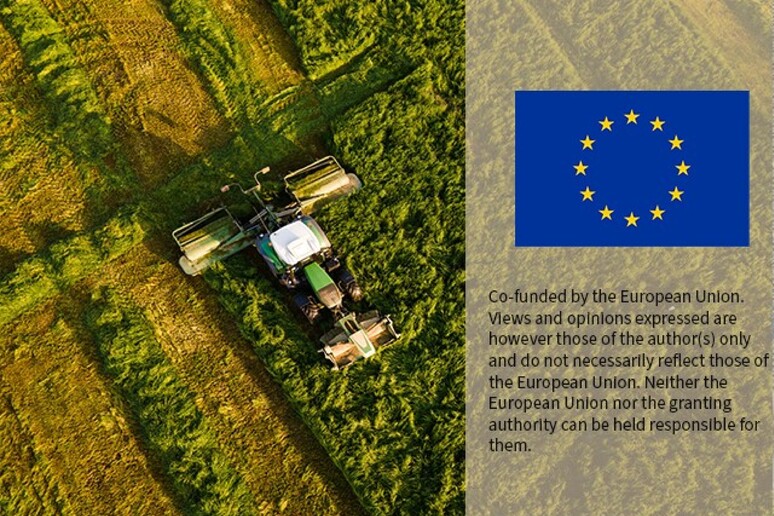Discussions on the new post-2027
Common Agricultural Policy (CAP) have begun.
The start of Poland's rotating presidency of the EU - from
January 1 to June 30 - also marks the beginning of the debate
between institutions on the next multiannual financial framework
(2028-2034), of which the future CAP will be a central part and
is currently worth a third of the community budget.
The topic is moving to the top of the agenda of Warsaw's
six-month presidency, its second since Poland became part of the
EU.
The work of the EU Agriculture Council led by Poland will focus
on the preparation of the future Common Agricultural Policy,
while waiting for the European Commission to put forward the
legislative proposal by the end of the summer. The presidency
website says the debate will start from the political debate
that Warsaw will promote on the new "Vision for Agriculture and
Food", which the new Commissioner for Agriculture Christophe
Hansen will present at the end of February.
A discussion that Warsaw intends to develop in view of the
future enlargement of the EU.
"We will address the challenges that the future enlargement of
the EU" with the entry of important agricultural markets such as
Kiev "will bring to the sector", it says.
The promise is to shape a "strong common agricultural policy,
which supports farmers and the development of rural areas": a
CAP that encourages, "rather than forces, farmers to act to
protect the environment and show the benefits of combating and
preventing the effects of climate change, such as floods and
droughts".
The second major agricultural priority of the next six months
will be to strengthen the position of farmers in the food chain.
"Europe must ensure the strengthening of the position of farmers
in value chains and the stability of their income", urges
Warsaw, according to which the EU's actions "must take into
account vulnerable agricultural sectors and ensure that non-EU
producers respect European standards of quality, safety and food
sustainability".
The new presidency will be tasked with advancing work on a
number of pending legislative texts, from animal welfare to new
genomic techniques.
#IMCAP
Co-funded by the European Union. Views and opinions expressed
are however those of the author(s) only and do not necessarily
reflect those of the European Union. Neither the European Union
nor the granting authority can be held responsible for them
ALL RIGHTS RESERVED © Copyright ANSA











